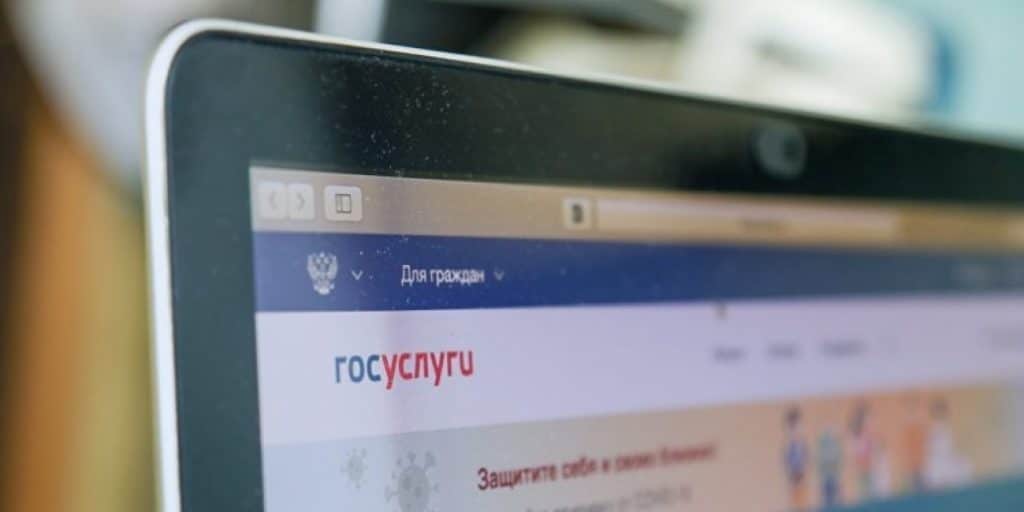The situation on the cyber fronts of the war between Russia and Ukraine
Earlier, we wrote about a powerful hacker attack on the servers of state institutions in Ukraine. The subsequent leak of Ukrainian data was another harbinger of Russia’s military invasion of Ukraine. After Russian troops attacked Ukrainian territory on February 24, 2022, and a full-fledged war began on the ground, in the sky, and at sea, the virtual space faded into the background. However, hackers from many countries have joined the cyberwar against Russia, and the confrontation in the virtual space is gaining momentum.
Was Ukraine ready for a cyberwar?

Cyberattacks on government organisations are designed to sow chaos among the population and undermine the authority of the government. Over the past few months, Ukraine has been hacked many times by the Russian Federation. This served as an incentive for expanding the Ukrainian special forces and strengthening the resistance to DDoS attacks.
Various state bodies have been and are engaged in protection against cyber threats in Ukraine: special forces within the Signal Corps of the Armed Forces of Ukraine, the Ministry of Digital Transformation, the State Service for Special Communications and Information Protection of Ukraine, the National Security and Defence Council, the Security Service of Ukraine, as well as activists (cyber partisans etc.).
Earlier, experts noted that Ukraine could not boast of a high level of preparation for a defensive and offensive cyberwar. In January, co-founder of the Public Organisation “Ukrainian Cyber Alliance” Andriy Baranovich reported: “All departments report that work is in full swing, laws are being observed, recommendations are being given, they are asking for people, money, spaceport and cyber troops. But the answer to the question of who is responsible for everything is silence”.
The fact that Ukraine was not prepared for a cyberwar is confirmed by the fact that the Ukrainian government and ordinary Ukrainians until the last moment did not believe in the possibility of any war with Russia, either online or offline.
Formation of “IT-Army” in Ukraine

Almost immediately after the Russian invasion, on February 26, the Minister of Digital Transformation of Ukraine, Mykhailo Fedorov, announced the formation of cyber troops, and even tried to organize postponement of the drafting of IT specialists into the armed forces.
A Telegram channel was created, the purpose of which is to unite volunteer hackers who are ready to help Ukraine in the confrontation with the Russian aggressor. Those wishing to join IT-specialists are divided into two areas: defence and attack.
The IT army is entrusted with a wide range of tasks. The priority objects of protection and attack are still government websites, the financial sector, specialized communication centres, and the media of the warring parties.
As of the beginning of March 2022, the Ukrainian IT army has more than three hundred thousand hackers, which includes not only Ukrainians.
Global community support

Immediately after the start of the war, Ukraine unexpectedly received powerful reinforcements from outside. Hacker teams from many countries chose the Ukrainian side, including the Anonymous group, who announced this in a Twitter message on February 25.
Numerous hacker groups have DDoSed and hacked Russian government websites, websites of the media, oil and gas, metallurgy, banking sectors, and other organisations supporting the Russian government. Also, under attack were “The Gosuslugi” reference and information Internet portal, state TV channels, the media, large Russian companies like “Gazprom”, “Yandex”, “Lukoil”, “Nornikel”, “Sberbank”, Russian TV channels and other resources.
Online activities in times of war

Today, the Internet in Ukraine and Russia continues to work. The cyber warfare is expectedly accompanied by propaganda and misinformation by the belligerents. Therefore, there is a gradual two-way blocking and restriction of Internet services at all levels, from channel to application.
This blocking can lead to complete isolation of the Russian segment of the Internet from the worldwide network. This may reduce the intensity of the online war, but will not stop it until peace is made offline.
As a result of the cyberwar, there has not yet been significant damage to the critical infrastructure of the belligerents or any other states. At the same time, IT specialists of the warring parties are actively engaged in information support for their armies and population, including tracking the movements of enemy troops, propaganda and combating enemy propaganda, as well as assisting humanitarian missions.
H-X Technologies supports humanitarian projects related to the delivery of food to the population of Ukraine, and projects to protect civilian enterprises in Ukraine and Europe from DDoS attacks. If you want to help us, or if you need help, contact us right now.
Subscribe to our Telegram channel so you do not miss new articles on our blog.
